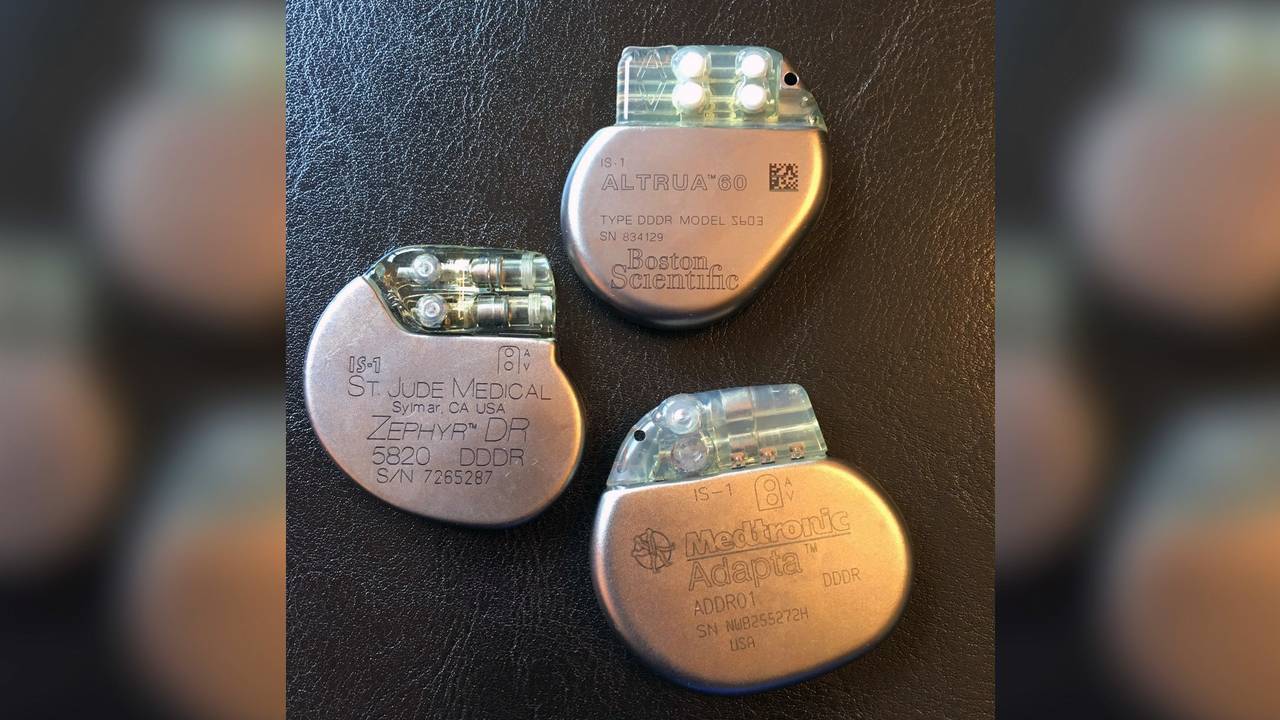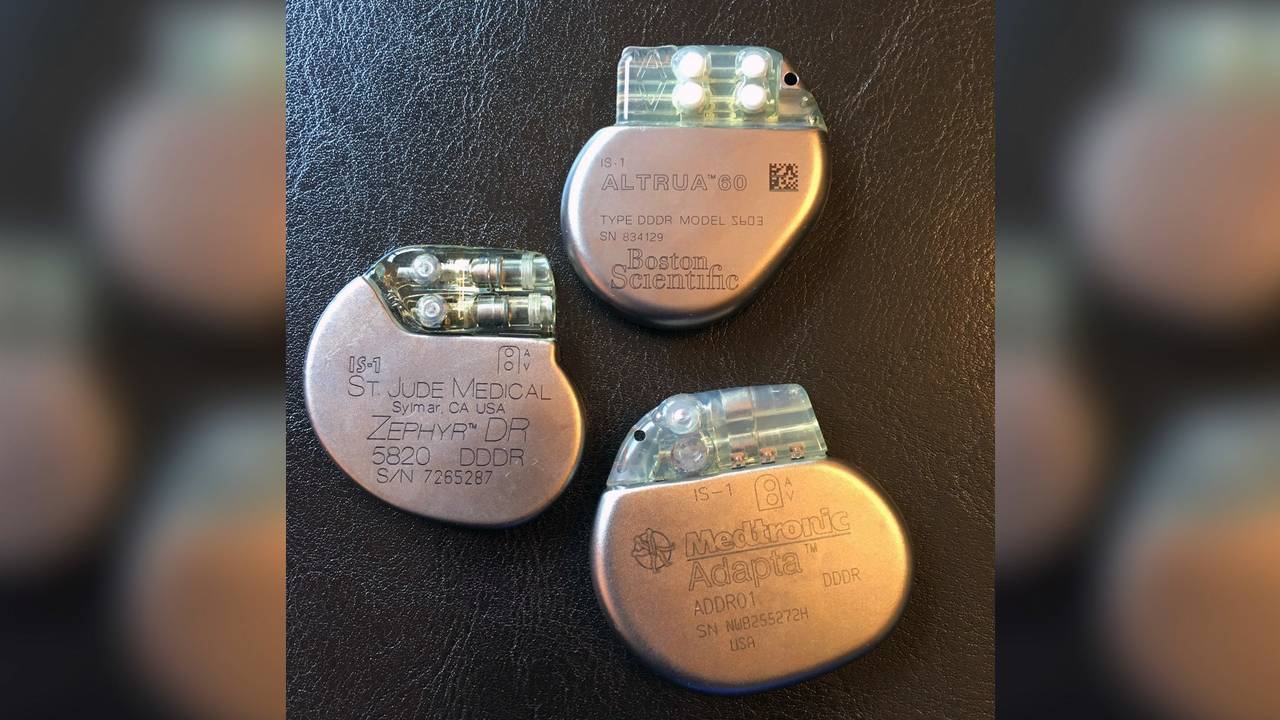 Terri Matula, Cardiovascular Nurse at the Navicent Health center, is saving many animal lives by recycling used pacemakers.
Terri Matula, Cardiovascular Nurse at the Navicent Health center, is saving many animal lives by recycling used pacemakers.
20 years ago when Matula and her husband were in college, their beloved cocker spaniel, Gator, suffered from an urgent third-degree heart blockage. They couldn't afford the $3,000 device at the time.
According to an Atlanta News article, Matula said, "Eventually Gator died from complications due to congestive heart failure." Years later Matula's husband had heart problems and needed a pacemaker. But as his condition changed he needed a new device. Typically pacemakers are thrown away.
Matula remembered what happened to Gator and asked the Cardiologist if she could keep his old device. Then she called the University of Georgia to find out if she could donate the device to the College of Veterinary Medicine.
"They don't actually develop pacemakers specifically for dogs and cats so we have to use human equipment," said veterinary Cardiologist Kate Meurs.
In February 2018, Matula formed the Pacemaker Donation Program between the University of Georgia and Navicent Health.
“When a patient’s pacemaker is exchanged, upgraded or replaced, the patient is offered the option of donating their used device to the Pacemaker Donation Program,” said Beth Mann, Vice President for cardiovascular services and Nursing strategy at Navicent. “Everyone – our staff and our patients – has been excited to save the lives of animals with reusable devices.”
Since the inception of the Pacemaker Donation Program in 2018, 41 pacemakers have been donated for patients at UGA. Once the pacemakers are explanted at The Medical Center, Navicent Health (MCNH), they are sterilized and shipped to UGA. Only the pacemakers of living donors are used for the program. Many of the pacemakers have at least 5.5 years of battery life remaining. The pacemakers with less battery life are useful as teaching tools in the classroom for UGA’s veterinary students.
What a creative and simple solution to a problem born out of heartbreak. We love this story and appreciate Matula’s great mind and determination to make things better for our 4-legged friends! To learn more about the program visit https://ugaresearch.uga.edu






